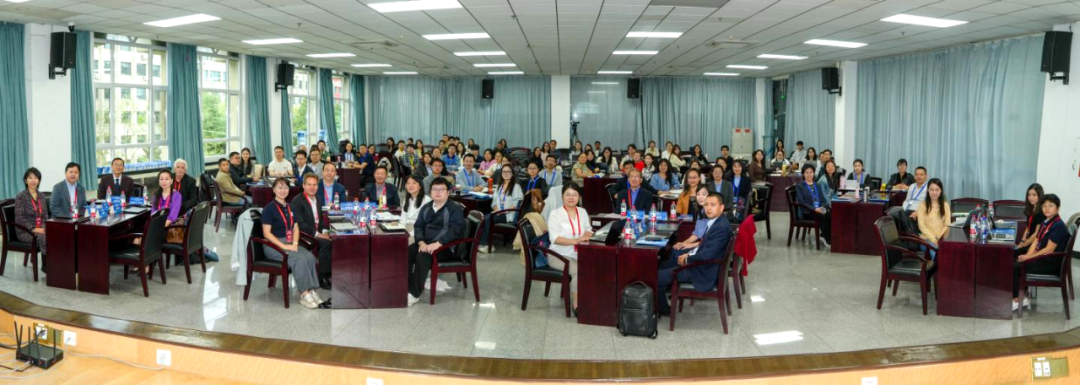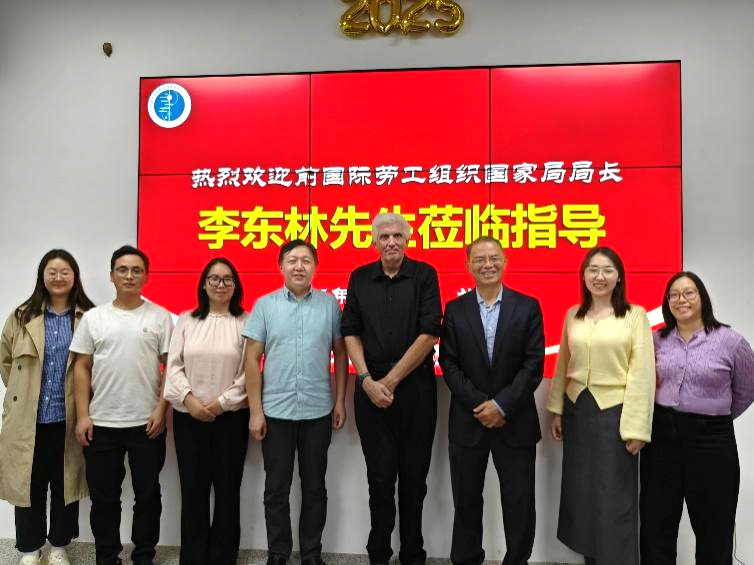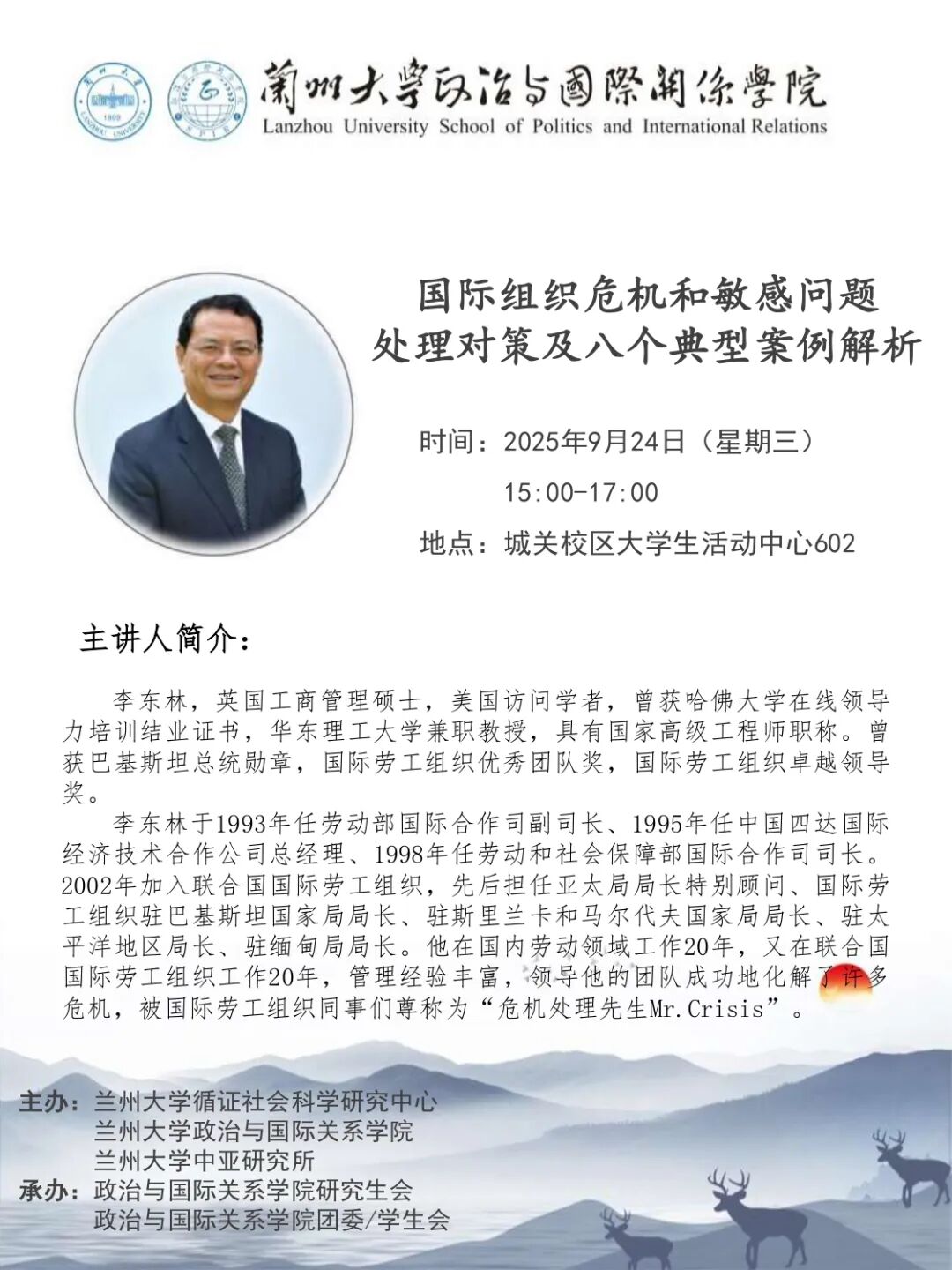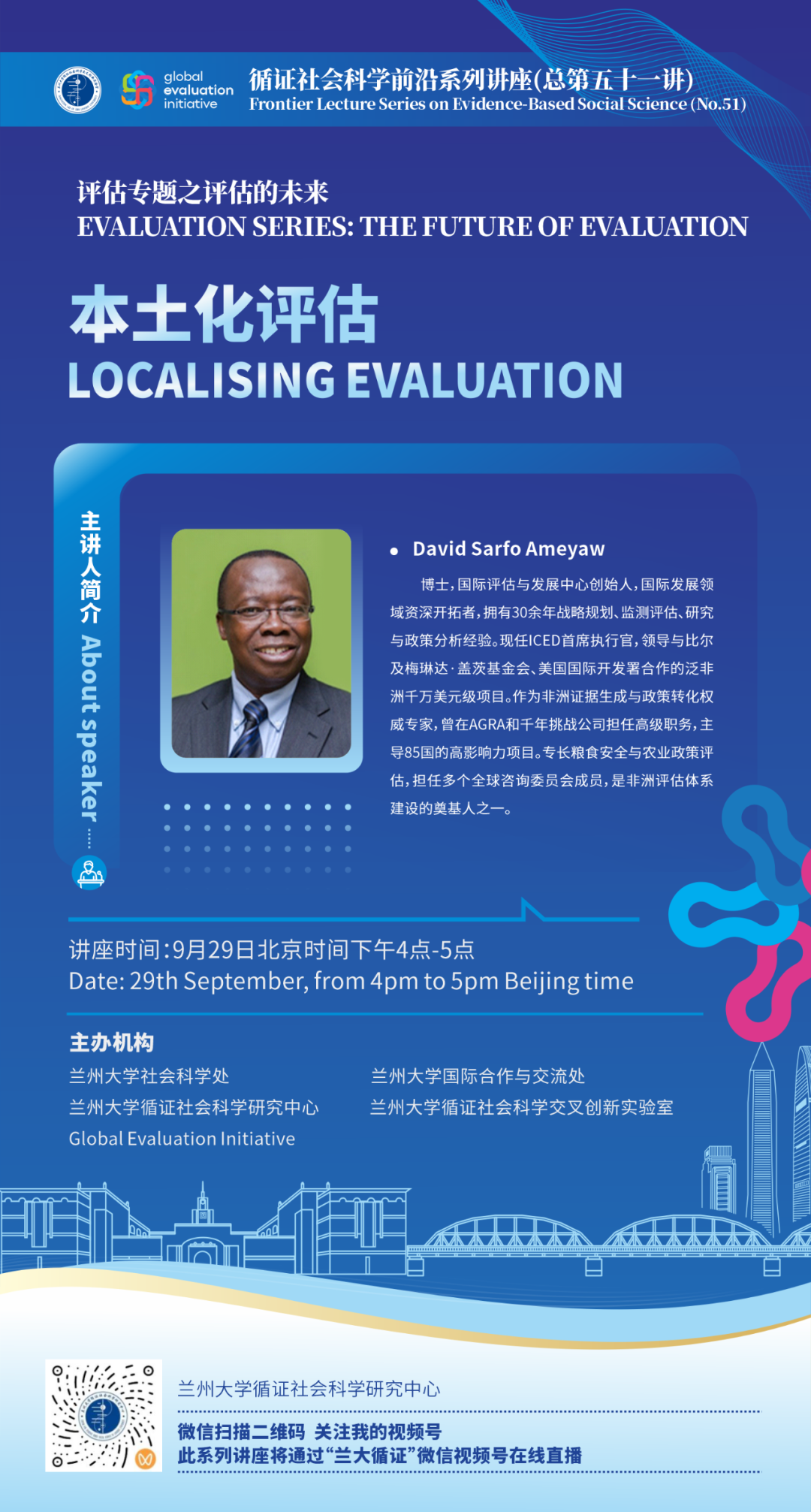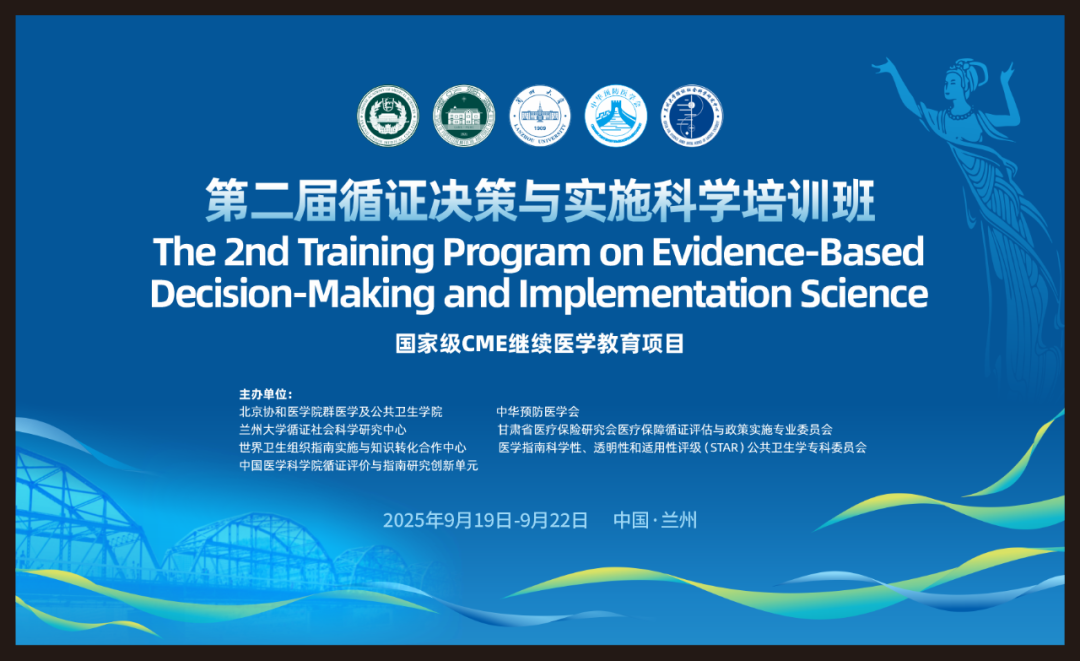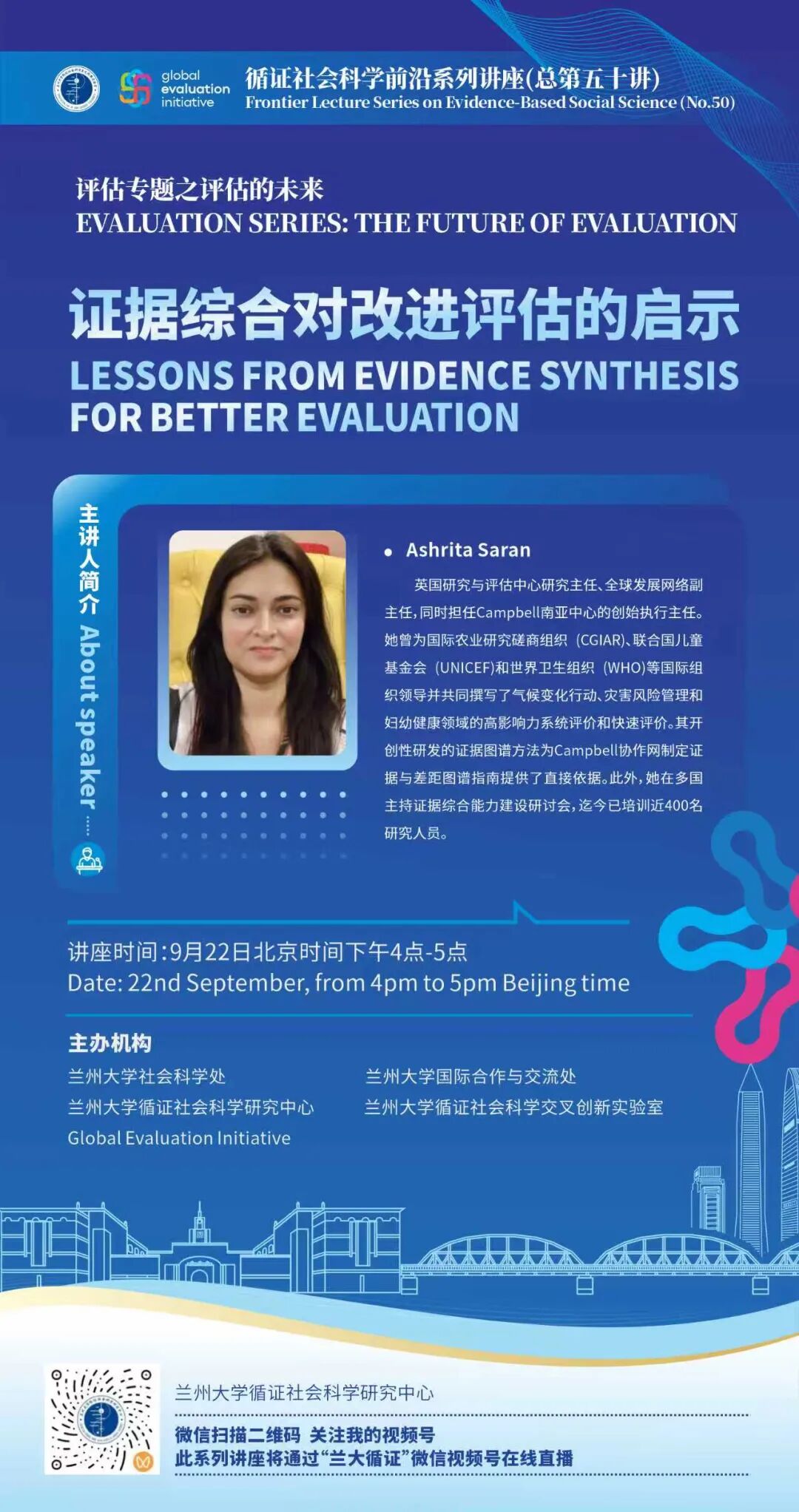Independent Country Programme Evaluation - Georgia
Output 1.1.1 Capacities developed across the whole of government to integrate the 2030 Agenda, the Paris Agreement and other international agreements in development plans and budgets, and to analyse progress towards the SDGs, using innovative and data-driven solutions Output 1.1.2 Marginalised groups, particularly the poor, women, people with disabilities and displaced are empowered to gain universal access to basic services and financial and non-financial assets to build productive capacities and benefit from sustainable livelihoods and jobs Output 1.2.1 Capacities at national and sub-national levels strengthened to promote inclusive local economic development and deliver basic services including HIV and related services Output 1.2.2 Enabling environment strengthened to expand public and private financing for the achievement of the SDGs Output 1.2.3 Institutions and systems enabled to address awareness, prevention and enforcement of anti-corruption measures to maximize availability of resources for poverty eradication Output 1.3.1 National capacities and evidence-based assessment and planning tools enable gender-responsive and risk-informed development investments, including for response to and recovery from crisis Output 1.4.1 Solutions scaled up for sustainable management of natural resources, including sustainable commodities and green and inclusive value chains Output 1.5.1 Solutions adopted to achieve universal access to clean, affordable and sustainable energy Output 1.6.1 Country-led measures accelerated to advance gender equality and women’s empowerment Output 1.6.2 Measures in place and implemented across sectors to prevent and respond to Sexual and Gender Based Violence (SGBV) Output 2.1.1 Low emission and climate resilient objectives addressed in national, sub-national and sectoral development plans and policies to promote economic diversification and green growth Output 2.1.2 Capacities developed for progressive expansion of inclusive social protection systems Output 2.2.1 Use of digital technologies and big data enabled for improved public services and other government functions Output 2.2.2 Constitution-making, electoral and parliamentary processes and institutions strengthened to promote inclusion, transparency and accountability Output 2.2.3 Capacities, functions and financing of rule of law and national human rights institutions and systems strengthened to expand access to justice and combat discrimination, with a focus on women and other marginalised groups Output 2.3.1 Data and risk-informed development policies, plans, systems and financing incorporate integrated and gender-responsive solutions to reduce disaster risks, enable climate change adaptation and mitigation, and prevent risk of conflict Output 2.4.1 Gender-responsive legal and regulatory frameworks, policies and institutions strengthened, and solutions adopted, to address conservation, sustainable use and equitable benefit sharing of natural resources, in line with international conventions and national legislation Output 2.5.1 Solutions developed, financed and applied at scale for energy efficiency and transformation to clean energy and zero-carbon development, for poverty eradication and structural transformation Output 2.6.1 Capacities strengthened to raise awareness on and undertake legal, policy and institutional reforms to fight structural barriers to women’s empowerment Output 3.1.1 Core government functions and inclusive basic services4 restored post-crisis for stabilisation, durable solutions to displacement and return to sustainable development pathways within the framework of national policies and priorities Output 3.2.1 National capacities strengthened for reintegration, reconciliation, peaceful management of conflict and prevention of violent extremism in response to national policies and priorities Output 3.2.2 National and local systems enabled and communities empowered to ensure the restoration of justice institutions, redress mechanisms and community security Output 3.3.1 Evidence-based assessment and planning tools and mechanisms applied to enable implementation of gender-sensitive and risk-informed prevention and preparedness to limit the impact of natural hazards and pandemics and promote peaceful, just and inclusive societies Output 3.3.2 Gender-responsive and risk-informed mechanisms supported to build consensus, improve social dialogue and promote peaceful, just and inclusive societies Output 3.4.1 Innovative nature-based and gender-responsive solutions developed, financed and applied for sustainable recovery Output 3.5.1 Energy access re-established for crisis-affected populations, with a focus on gender-sensitive, risk-informed and sustainable recovery Output 3.6.1 Energy access re-established for crisis-affected populations, with a focus on gender-sensitive, risk-informed and sustainable recovery Output 1.1 The 2030 Agenda, Paris Agreement and other intergovernmentally-agreed frameworks integrated in national and local development plans, measures to accelerate progress put in place, and budgets and progress assessed using data-driven solutions Output 1.2 Social protection services and systems strengthened across sectors with increased investment Output 1.3 Access to basic services and financial and non-financial assets and services improved to support productive capacities for sustainable livelihoods and jobs to achieve prosperity Output 1.4 Equitable, resilient and sustainable systems for health and pandemic preparedness strengthened to address communicable and non-communicable diseases, including COVID-19, HIV, tuberculosis, malaria and mental health Output 2.1 Open, agile, accountable and future-ready governance systems in place to co-create and deliver solutions to accelerate SDG achievement Output 2.2 Civic space and access to justice expanded, racism and discrimination addressed, and rule of law, human rights and equity strengthened Output 2.3 Responsive governance systems and local governance strengthened for socio economic opportunity, inclusive basic service delivery, community security, and peacebuilding Output 2.4 Democratic institutions and processes strengthened for an inclusive and open public sphere with expanded public engagement Output 3.1 Institutional systems to manage multi-dimensional risks and shocks strengthened at regional, national and sub-national levels Output 3.2 Capacities for conflict prevention and peacebuilding strengthened at regional, national and sub-national levels and across borders Output 3.3 Risk informed and gender-responsive recovery solutions, including stabilization efforts and mine action, implemented at regional, national and sub-national levels Output 3.4 Integrated development solutions implemented to address the drivers of irregular and forced migration, enhance the resilience of migrants, forcibly displaced and host communities, and expand the benefits of human mobility Output 4.1 Natural resources protected and managed to enhance sustainable productivity and livelihoods Output 4.2 Public and private investment mechanisms mobilized for biodiversity, water, oceans, and?climate solutions Output 5.1 Energy gap closed Output 5.2 Transition to renewable energy accelerated capitalizing on technological gains, clean energy innovations and new financing mechanisms to support green recovery Output 6.1 Country-led measures implemented to achieve inclusive economies and to advance economic empowerment of women in all their diversity, including in crisis contexts Output 6.2 Women’s leadership and participation advanced through implementing affirmative measures, strengthening institutions and civil society, and addressing structural barriers, in order to advance gender equality, including in crisis contexts Output 6.3 National capacities to prevent and respond to gender-based violence (GBV) and address harmful gender social norms strengthened, including in crisis contexts Output E.1 People and institutions equipped with strengthened digital capabilities and opportunities to contribute to and benefit from inclusive digital societies Output E.2 Innovation capabilities built, and approaches adopted to expand policy options at global, regional, national and sub-national levels Output E.3 Public and private financing for the achievement of the SDGs expanded at global, regional, and national levels
研究证据
